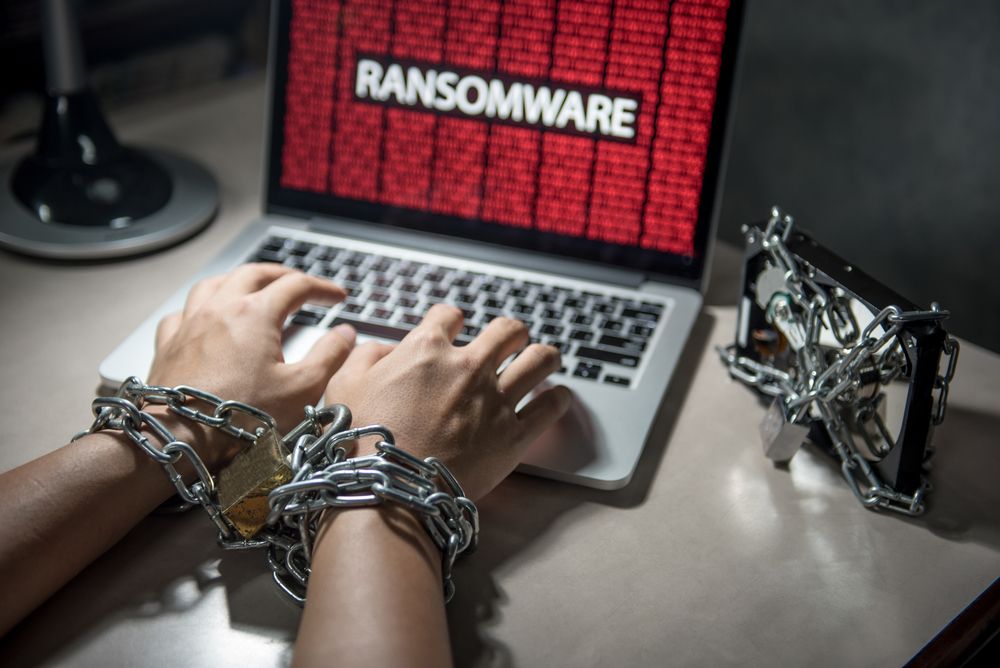Ringing with echoes of WanaCrypt0r, a new strain of ransomware called Petya/NotPetya is impacting users around the world, shutting down firms in Ukraine, Britain, and Spain.
Background
Petya, created in July 2016, started off as one of the next-generation ransomware strains that utilize a Master Boot Record (MBR) locker. In the early days of ransomware, strains that modified the startup of a system were popular, but they had died off for many years. Today, not long after its one-year anniversary, Petya has come back with a vengeance and a nasty new distribution method.
As to whether or not this malware is the same Petya that we have dealt with in the past claim that the malware is heavily influenced and likely developed by the creators of Petya. This malware has indicators and code that matches previous versions of Petya but with additional functionality.
We are not going to claim attribution or even confirm what family we are dealing with until more analysis has been completed and more evidence is available. What we can say for sure is that this ransomware uses tactics rarely seen in the wild.
Infection vector
Taking a page out of WannaCry’s book, this new ransomware utilizes the same EternalBlue SMB exploit that was used in the outbreak that occurred more than a month ago. There are also currently reports that this attack uses email spam to distribute infected Office documents in effort to rapidly spread and distribute the ransomware. This malware also includes the ability to use PSExec on a system it has administrative credentials on, allowing it to execute duplicates of the malware on any system on the network.
However, not all of these reports have been confirmed by Malwarebytes staff, so its true original infection vector beyond SMB exploitation is up in the air. But the combination of the PSExec method with the EternalBlue exploit gives this malware a lot of power in its ability to spread across a network.
Execution
After execution, the ransomware infects the system at a low level, modifying the MBR and presenting the user with the following prompt:
After a reboot, instead of loading into the operating system installed on the computer, the user is faced with a faux Check Disk operation that, instead of actually checking your hard disk for issues, is actually encrypting files! We know this is a fake screen based on strings found within the malware itself:
This is done to buy the ransomware more time to encrypt all the relevant files on the system without being stopped by the user.

The MFT (Master File Table) and the MBR are also encrypted. The MBR is overwritten to display the ransom note, which makes it impossible to boot the system without remediation—meaning users must either pay the culprit or be unable to access their system. The computer will then display a menacing black screen with red lettering listing the ransomware’s purpose and its demands. The attack affects users by encrypting anywhere from a single file to the entire system.

While this situation could have been easily avoided by simply keeping all antivirus database and operating system updates current, the now-infected users must pay $300 in Bitcoins to regain access to their files.
As stated on Twitter by @ydklijnsma, it would appear that the file types being targeted are aimed more toward the programs that developers would use, such as .vbs, .ova, .vbox, and so on. This makes it appear like targets of these attacks are likely businesses and especially firms that specialize in software development.
Unfortunately, unlike WannaCry, Petya does not have a “killswitch” readily available or known. has a “vaccine” that could potentially work to stop the infection, although our own tests have shown that in many cases, it doesn’t. Windows 10 systems seem to have a fighting chance by using this method but based on our tests, Windows 7 gets infected every time.














